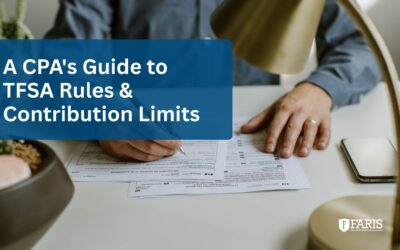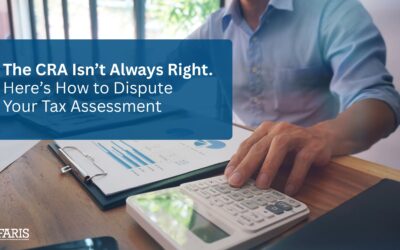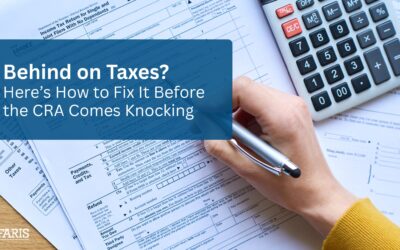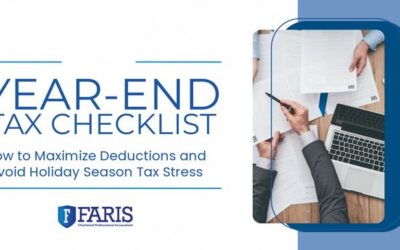We solve serious CRA tax problems

Pro Tip
ACCESSING THE SMALL BUSINESS DEDUCTION IN YOUR BUSINESS
The Small Business Deduction gives businesses a tax deduction on the first $500,000 of income. This saves an eligible corporation around up to $50,000 in income taxes. There are a number of conditions that have to be met to be eligible for this deduction.














